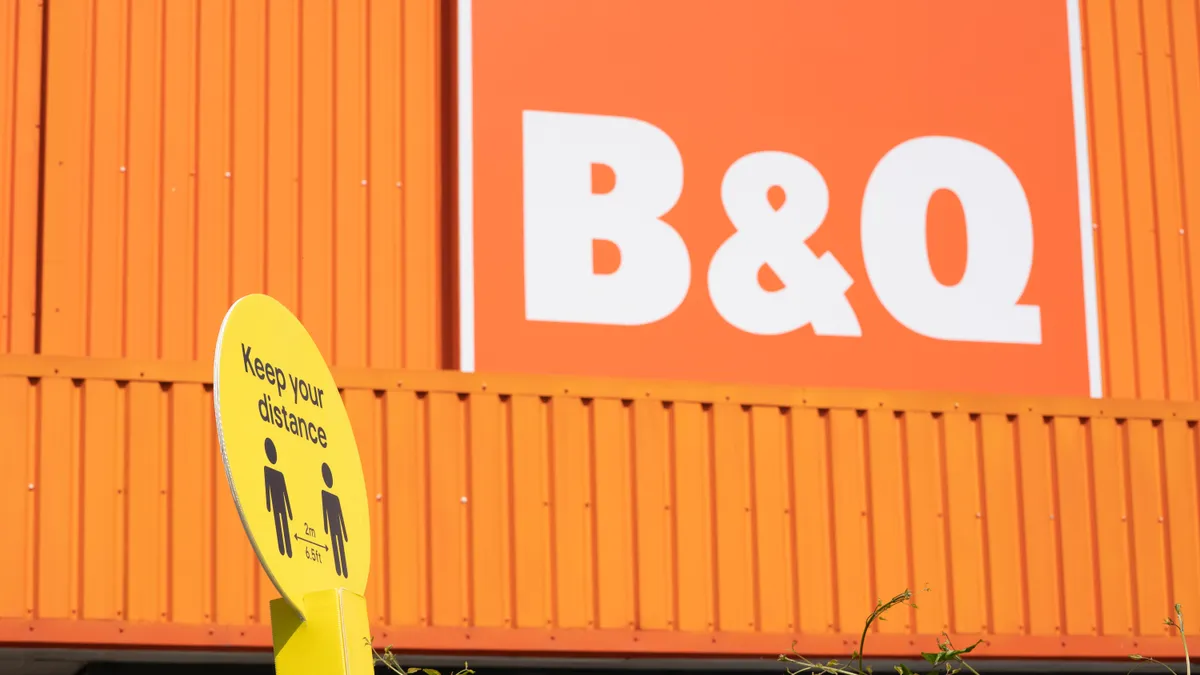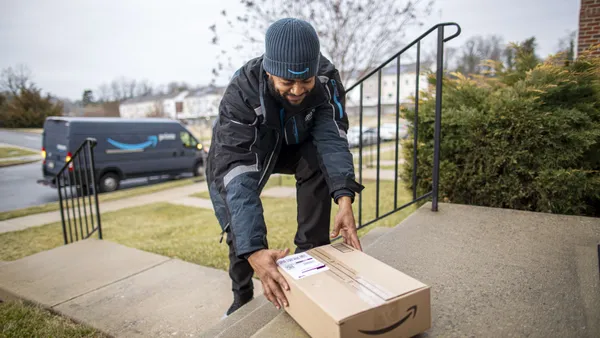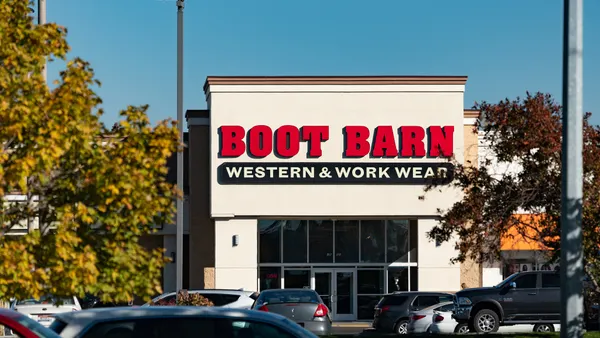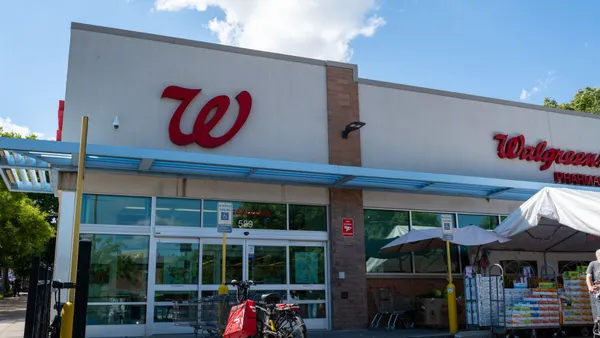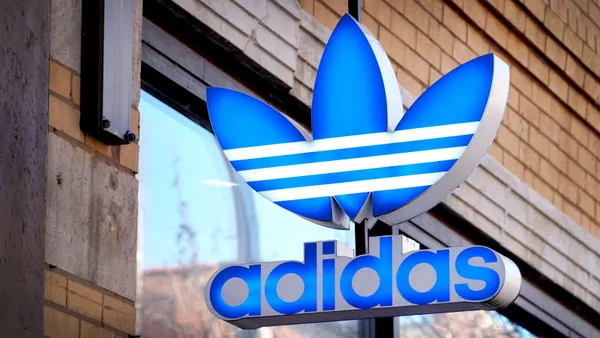Home improvement company Kingfisher set decarbonization goals for its vendors as it focuses on reducing its scope 3 emissions, according to a June 12 press release.
The retailer plans to collaborate with its vendors to help achieve these goals through resources like shared training and expertise, in addition to using cloud-based emissions data platform Manufacture 2030, according to the press release. The platform aims to support vendors in building the needed roadmaps and understanding their emissions.
The retailer’s sustainability targets are split into three levels, depending on the scale of the vendor’s impact on Kingfisher’s scope 3 emissions:
- Kingfisher’s top 100 vendors, based on scope 3 emissions, need to create a Science Based Targets initiative roadmap and decarbonization target by 2028;
- The next 450 vendors are required to create an SBTi-aligned roadmap and decarbonization goal by 2030; and
- All remaining vendors must set a climate reduction plan by 2030
Roughly 90% of Kingfisher’s upstream and downstream scope 3 emissions are linked to its products, with vendor manufacturing representing about one fifth of its carbon footprint, according to the press release. The retailer reduced its scope 3 emissions by nearly 42% in 2023/2024 against a 2017/2018 baseline, which exceeded its 40% reduction goal by 2025.
“Like most retailers, Scope 3 makes up the vast majority of our emissions, and to drive these down effectively we need the collaboration of our entire supply chain,” CEO Thierry Garnier said in a statement.
Kingfisher is currently finalizing its scope 3 net zero target, and has recently created a Global Home Improvement Suppliers’ Scope 3 Taskforce with 11 initial members, including Bosch, 3M and Positec, according to the press release.
“The response from our vendor partners has been very positive and we are grateful for their support as we work towards our shared goal to help tackle climate change,” the CEO said in a statement.
The Securities and Exchange Comission may have scaled back on scope 3 reporting requirements from its final climate disclosure rule, but companies remain committed to reducing carbon footprints.
In April, global automakers and suppliers released an Automotive Climate Action Questionnaire to improve scope 3 emissions reporting efforts. The questionnaire aims to provide suppliers with a standardized template when collecting emissions reports.
Meanwhile, household products company WD-40 is looking to execute its ESG strategy effectively. This year, the household products company carried out its first sustainability assessment among its Tier 1 suppliers as it strategizes how to improve its supply chain operations.
Retail giant Walmart is also set on reducing its supplier emissions, and invited its vendors to commit to reductions as part of its Project Gigaton. Since 2017, more than 6,000 suppliers have joined the effort.
This story was first published in our Procurement Weekly newsletter. Sign up here.



